These reflections are a result of more than 40 years of ministry as a Roman Catholic priest. Most of these years I spent in the Diocese of Charlotte which covers Western North Carolina. Now I am retired, and live in Medellín, Colombia where I continue to serve as a priest in the Archdiocese of Medellín.
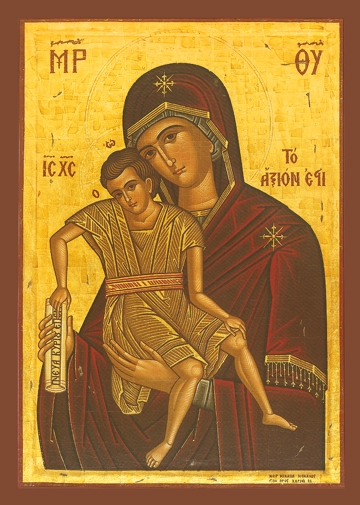
For to me life is Christ, and death is gain. (Phil 1:18b-26)
https://bible.usccb.org/bible/readings/102922.cfm
Saint Paul’s ministry in Philippi results in this joyful Letter to the Philippians. Although the apostle is imprisoned for preaching the gospel, yet the letter is filled with Christian hope and encouragement. The Magnificat of the Virgin Mary also expresses hope in the God who casts down the mighty from their thrones and lifts up the lowly.
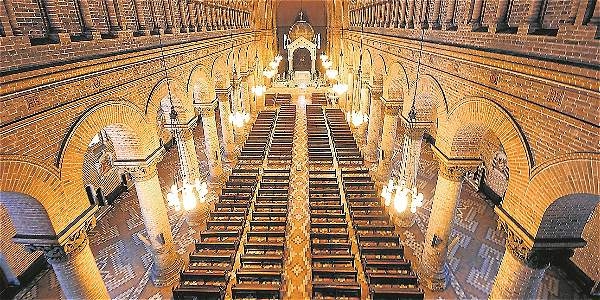
You are no longer strangers and sojourners, but you are fellow citizens with the holy ones and members of the household of God, built upon the foundation of the Apostles and prophets,
with Christ Jesus himself as the capstone. Through him the whole structure is held together and grows into a temple sacred in the Lord; in him you also are being built together into a dwelling place of God in the Spirit. (Eph 2:19-22)
https://bible.usccb.org/bible/readings/102822.cfm
The foundation of the apostles and prophets is a reference not to the prophets of the Hebrew Scriptures, but rather Christian apostles and prophets. We talk a lot about the foundation of the apostles, but very little about the foundation of the prophets.
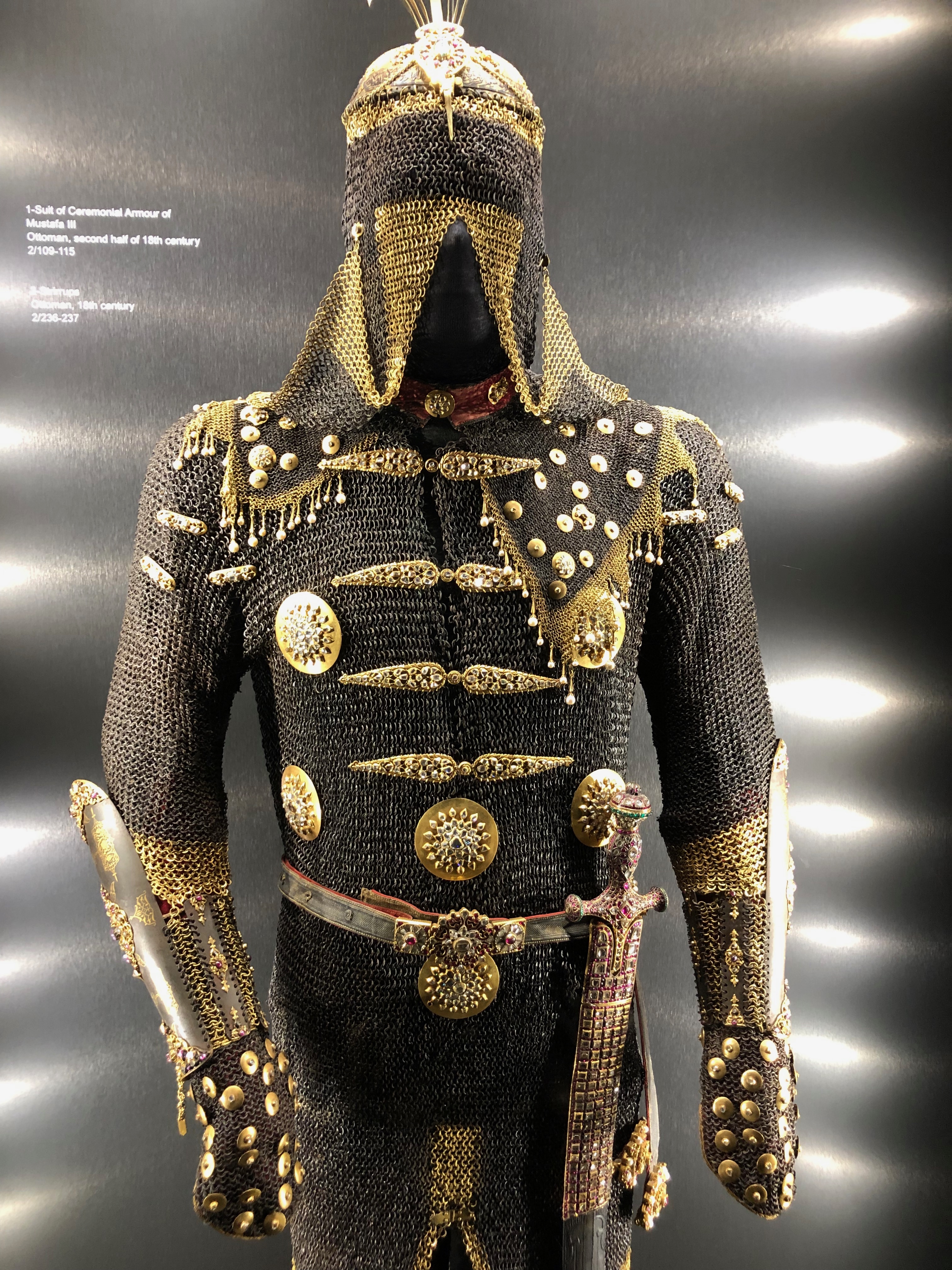
Therefore, put on the armor of God, that you may be able to resist on the evil day and, having done everything, to hold your ground. So stand fast with your loins girded in truth, clothed with righteousness as a breastplate, and your feet shod in readiness for the Gospel of peace. In all circumstances, hold faith as a shield, to quench all the flaming arrows of the Evil One. And take the helmet of salvation and the sword of the Spirit, which is the word of God. (Eph 6:10-20)
https://bible.usccb.org/bible/readings/102722.cfm
As my homiletics professor, David Buttrick, was always eager to point out, the only offensive weapon we have in our arsenal is “the sword of the Spirit, which is the word of God.” Unfortunately, too many use the word of God as a weapon to beat down, divide and destroy, not exactly what our professor had in mind.
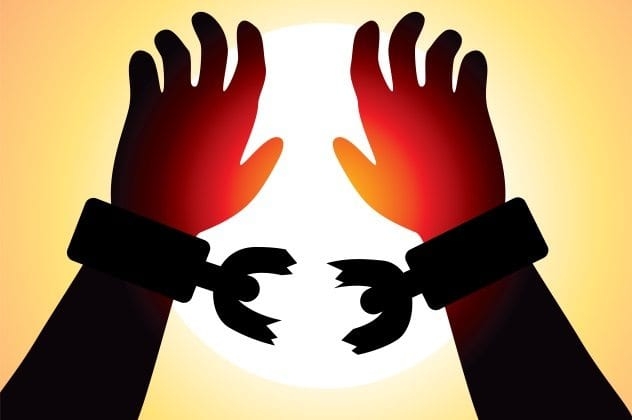
Slaves, be obedient to your human masters with fear and trembling, in sincerity of heart, as to Christ, not only when being watched, as currying favor, but as slaves of Christ, doing the will of God from the heart, willingly serving the Lord and not men, knowing that each will be requited from the Lord for whatever good he does, whether he is slave or free. Masters, act in the same way towards them, and stop bullying, knowing that both they and you have a Master in heaven and that with him there is no partiality. (Eph 6:1-9)
https://bible.usccb.org/bible/readings/102622.cfm
Is slavery (human trafficking) condoned by the Bible? Of course not! But this passage has certainly been used that way in the past. The question about all these “troubling” passages is how to interpret them today, two thousand years later. As Catholics, we are grateful to have the Church to help us understand how the true message of the Scriptures is to be heard despite all the changeable cultural accumulations.
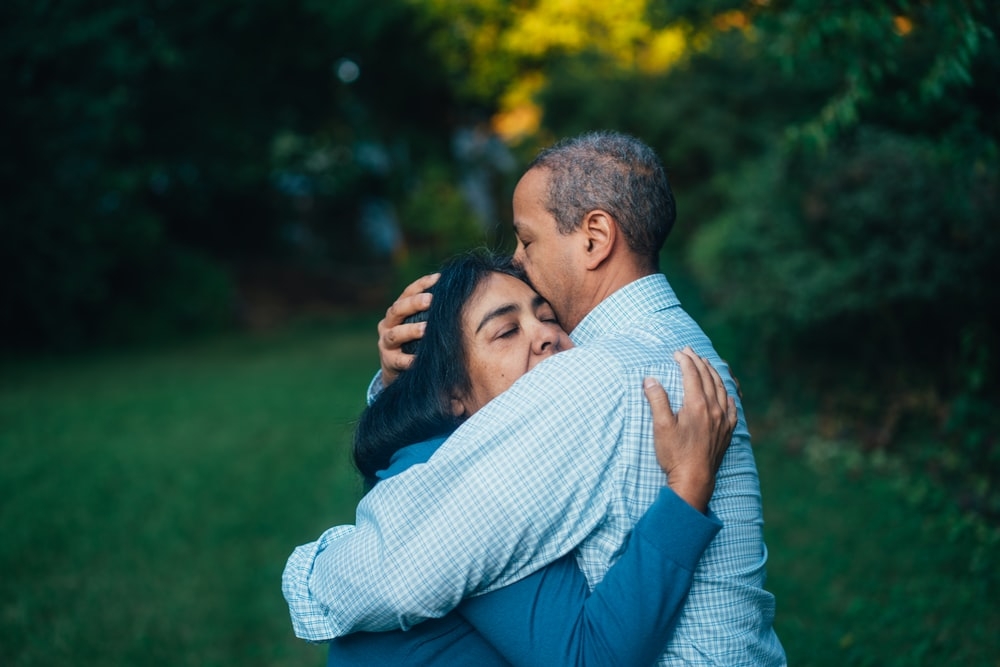
Be subordinate to one another out of reverence for Christ. Wives should be subordinate to their husbands as to the Lord. For the husband is head of his wife just as Christ is head of the Church, he himself the savior of the Body. As the Church is subordinate to Christ, so wives should be subordinate to their husbands in everything. (Eph 5:21-33)
https://bible.usccb.org/bible/readings/102522.cfm
Using an isolated, 2,000 year old text as a prescription for modern day marriage counseling might rightly give rise to a malpractice lawsuit, especially when “wives should be subordinate to their husbands in everything” is cited frequently and “husbands love your wives” is not. Perhaps, “be subordinate to one another out of reverence for Christ” is the key to understanding what the poor writer was trying to say.



